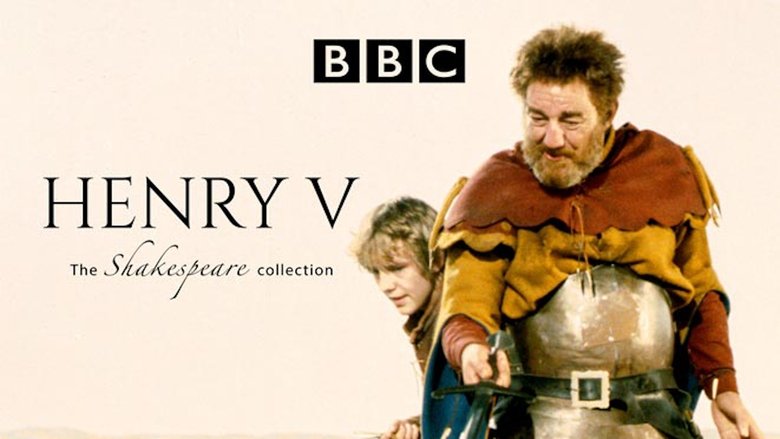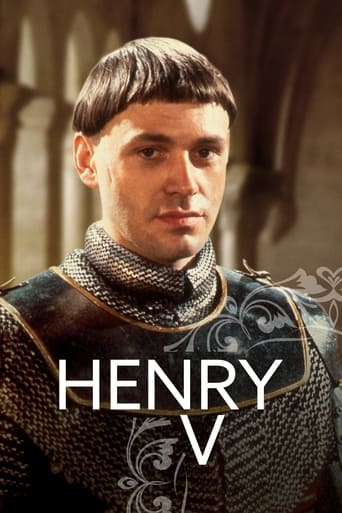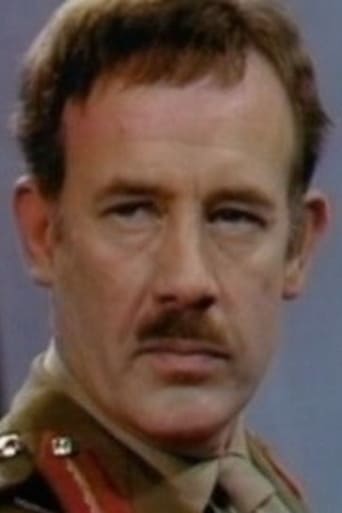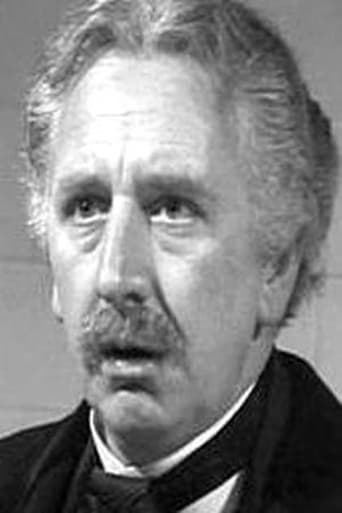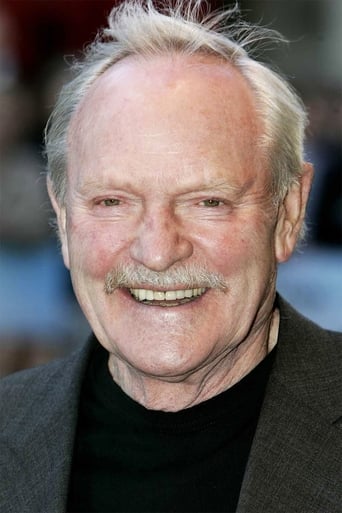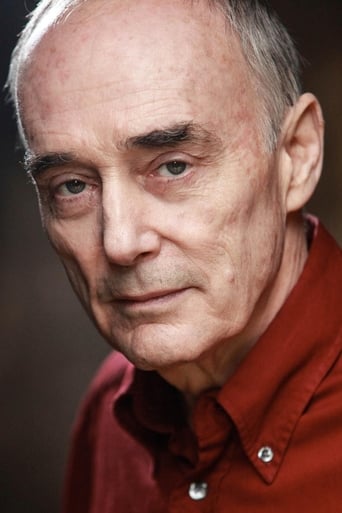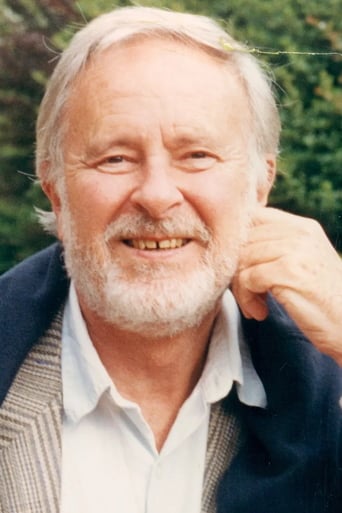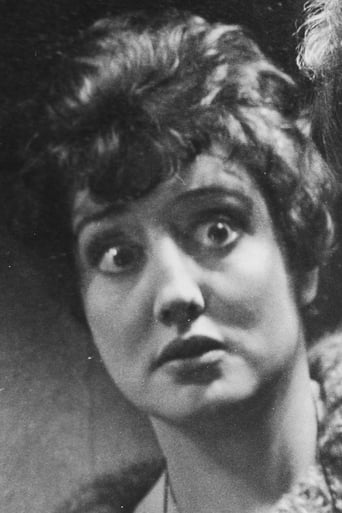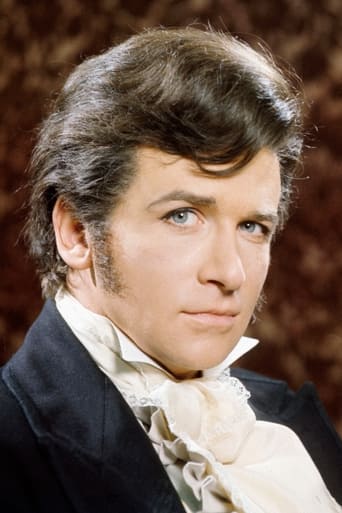The life of King Henry the Fifth.
Reviews
One of my all time favorites.
If you don't like this, we can't be friends.
Pretty good movie overall. First half was nothing special but it got better as it went along.
The film never slows down or bores, plunging from one harrowing sequence to the next.
He is the perfect king in Shakespeare's plays who reigns from 1413 to 1422, hence nine years. Shakespeare invested him in three previous plays, Richard II, 1 Henry IV and 2 Henry IV. But in these plays he is a kid and then a teenager playing it hooky in the taverns of London. But that time is now finished as we know from his rebuke to Falstaff on his coronation day at the end of 2 Henry IV. The man has changed and his most important achievement is the battle of Agincourt on October 25, 1415, the day that celebrates Saint Crispin that Shakespeare also calls Crispian who was put to death on October 25, 285. Note how the superstitious people of Shakespeare's time can jubilate on the fact that 285 produces 15 by adding the three digits of the date. Hence 1415 is a miracle date that brings God down on Henry's side to the point that the battle only kills twenty-five people on the English side, dixit Shakespeare, twenty-five to honor October 25, Saint Crispin's day. This English king who has the intention to unify England and France by marrying the King of France's daughter will fail in that respect since his son will only be six years old when he dies in the Château of Vincennes in France on 1422. Note though how they all are cousins or uncles. In other words these two crowns are systematically inbreeding. There is little clean blood and new blood in their descendants. Shakespeare seems to consider this as normal and even a sign of closeness, hence a justification for unifying the two crowns and of course the two nations that are seen and defined as being born under the kings of this period. The War of Roses is like a nation-forming civil war, a war between brothers and cousins, uncles and nephews. That's one of the results of this intense inbreeding. So Henry V marries his cousin. And their imposing the One Hundred Year War onto the French will enable the French to become a nation at the same time. That's the end of the play and the courtship of Henry to Katharine is both awkward and funny how Henry is behaving like a soldier and wants the courtship to be a battle and Katharine to yield to his might, and at the same time how Katharine is well-behaved and French-educated and she has to flee, fly away and flutter around, and she swiftly parry his assault, deflect his attack, block and avert his advance, counter and rebuff his intention, and finally repel and repulse his vanity to take as a conquest what should be received as a gift or a present. Luckily her father King Charles VI arrives and he can finally give his daughter to Henry and Henry can finally receive Katharine. The love words of Henry are vastly contorted by the linguistic game of both, Katharine trying to speak some English and Henry attempting the impossible task of speaking some French.The whole action of the play is one battle or nearly, the war leading to that battle, Agincourt, and it is thus entirely dominated by military questions. It contrasts the English army led by Henry V and the French army led by the Dauphin in the name of his aging father Charles VI. Imagine the French nobles drinking wine in the morning before the battle and boasting that they are going to defeat the English the way they gulp their wine. On the other side the English are austere and very serious in their concentration on God and his necessary help. The English are humble in many ways and the French are vain, as vain as peacocks who will end up plucked like chickens before roasting or broiling.In a very clear sign of defeat Montjoy, the French herald, appears three times. The second time he had said he would not come again, and the third time he comes to concede the day is Henry's, hence the defeat. Three is always a sign of a disturbance, a bad news, a catastrophe. But the catastrophe of one side is the victory of the other. And he will come a fourth time with the body counts that will settle the bad news and bring up a good news. First the French body count:"HENRY V: ten thousand, sixteen hundred mercenaries; The rest, princes, barons, lords, knights, squires, And gentlemen of blood and quality." (IV viii)And then the English body count:"HENRY V: Duke of York, Earl of Suffolk, Sir Richard Ketly, Davy Gam, esquire: all other men five and twenty." (IV viii)But the strong point is the night before the battle. On the French side they revel and are bored of waiting. On the English side they try to rest and concentrate on their divine mission. The king though tries something delicate: he hides himself under some cloak and goes around to check on his men. Security is correct every single time he comes up in the night. He finally sits with a group of soldiers and one of them, Williams, gets into an argument with the King, not knowing who he is, because Williams is not as respectful as he should be and Henry overreacts. But this leads to a deep and sad reflection of the king. He sees his place as the depositary of all the tasks and actions of the people but he also considers that the soul of these people is their own and they have to look after it themselves, as he says to the soldiers in the night.And then alone he gets onto a long reflection of the fate of a king, shifting from prose to verse to let us know he is reaching out to the sky, to God, to the truth of life he definitely considers as the truth of God.Dr Jacques COULARDEAU
I want to reply to one of the claims made by the 2010 reviewer (who puerilely refers to Shakespeare as "Will"). This reviewer states that the play is presented "with minimal, if any cuts." If the reviewer takes the time to read the play instead of making uninformed pronouncements about it, he or she will discover that numerous cuts have been made in the BBC's production. To be sure, most of the abridgments are pretty well judged, and there are considerably fewer abridgments than in the Olivier and Branagh versions. Nonetheless, the claim that the BBC's production presents the text uncut or nearly uncut is flatly incorrect.As for the production itself, it's quite a good rendering of an uneven play. I agree that David Gwillim is too "weepy" and "whispery", but he performs several of his scenes well (for example, the scene with the tennis balls -- until he starts to throw them -- the scene of the exposure of the traitors, and the scene in which he woos Katherine). His rendering of the magnificent St Crispin's Day speech is very disappointing, but his rendering of the riposte to Montjoy shortly after that speech is excellent. Likewise, although he starts the great "Once more unto the breach" speech quite lamely, he finishes it well. Other members of the cast are generally proficient. In particular, the actors who appear as the French nobles seem to enjoy their roles, and they perform those roles adeptly.
The production has been well-covered above. I just want to add that, to me, this is deep Shakespeare without piffle-paffle, as the good Captain Fluellen would say. It presents the full story as Will wrote it, with minimal, if any, cuts. As an American, I must say that British actors never cease to amaze me. They must get a lot more training than Yank actors do. For instance, Tim Wylton as the 'actively annoying' Captain Fluellen to my mind created a memorable comic character. He made me laugh or at least smile in every speech he made, which is exactly Fluellen's purpose (other than representing the rough, honest courage of the common soldier.) And I woke up thinking about his portrayal this morning, and I was still chuckling.I particularly wish to thank 'gerlynga' for his or her thoughtful review clearly based on a deep knowledge of the play's many productions. I look forward to reading all her stuff.
The complete Shakespeare set is now available at Amazon UK for a fairly low price of about $250 - depending upon exchange rates. Note the price they quote is NOT the price you pay, since it includes VAT. Shipping is only a few pounds, and takes less than a week. The amazing set includes ALL 37 plays in a compact box.The only SLIGHT problem is that it's REGION 2 encoded.To get around that problem, go to your favorite auction web site, and search for multi-region code free.There, you should find sales of instructions on how to convert MOST DVD players to region-free players -fairly simply, as part of setup.If for some reason, your player is not included in the list then consider picking up an inexpensive one -I managed to get one for $30, including shipping.
Top Streaming Movies











